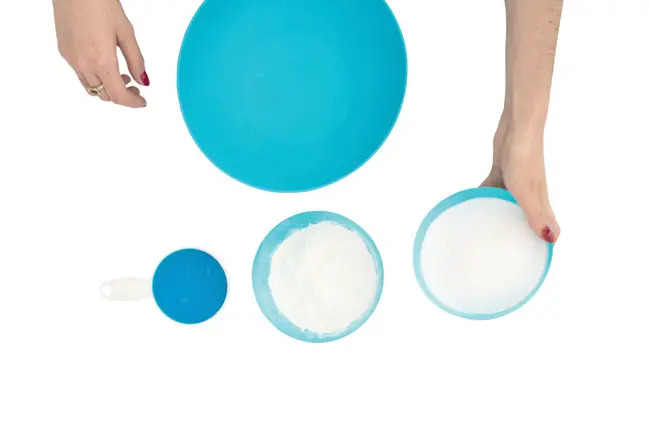In my clinical experience, people who are over their heads in debt notoriously find themselves unable to face their predicament. But doing so is as hard and painful as it is necessary. Only by seeing what the reality is can one start to fix things and change. Only by confronting the hard truth can one turn over a new leaf.
The same goes for parenting and overindulging. The pressures on modern parents are extraordinary. This generation of grandparents critically rolls their eyes and tsk-tsks when they see us, today’s parents, give in to our children. But, as a father and child psychologist, I am certain that they, our own parents, would fare no better in our modern world than we do. It’s easy to say that we as parents shouldn’t bend to corporate advertising, peer pressures, keeping up with the Joneses, and so forth. Easier said than done. Way easier.
After all, we actually agree. I have yet to meet one parent who wants to spoil her or his children. It happens, though, doesn’t it? Although I could offer dozens of ideas and strategies for unspoiling your child, but my experience tells me that most parents know exactly what they have to do. Only somehow they just can’t do it. They just can’t deliver the unspoiling goods (though they sure can deliver those other kinds of goods and goodies).

My advice instead is for parents to try their best to keep their eyes wide open and see what the score is. I find that parents are quick to confess that they overindulge their children. When I ask how so, these same parents find themselves thinking hard. Usually, they cite birthdays and holidays to demonstrate the excessive gifts they bought. Somehow those instances of spoiling feel more acceptable and less guilt-ridden.
Instead, I invite parents to keep a record of everything they give their children. Try it yourself. Reconstruct your past day or week and tally every cent you’ve spent on the variety of things you’ve bought your kids. Of course, you should include toys and games and obvious treats, like candy and ice cream cones. But I also mean things like movie tickets, CDs, mp3 songs, movie and videogame rentals. I mean things that can seem like givens in a child’s life, like music and dance and sports lessons. Include sporting equipment (and footwear), and even educational items like books and back-to-school supplies. Add in treats like bakery goods, like the banana bread at Starbucks or a muffin at the local café. And don’t forget to throw in clothing, especially clothing that you think is too expensive or unnecessary but that you buy anyway. And then, of course, there is your chauffeuring.
What’s my point? I guarantee that you will be amazed at what you spend and how often you spend it. I also think you will be surprised by how much of that spending you perceive as an unavoidable part of childhood. Our children may take that spending for granted, but we do, too, in a different kind of way. Unfortunately and sadly, our open wallets come at an even higher price than the credit card bills that follow.
Children who get too much — and that is a majority of today’s children — appreciate less. It isn’t because they or their parent are bad people. It is how human nature works. The less we get, the more we appreciate. By buying too much too often we may be robbing our children of the inner good feeling and life skills that the capacity for true gratitude can bring. Maybe you can well afford all that you buy, but ask yourself this: can your child’s development?
Harvard Medical School psychologist Richard Bromfield is the author of How to Unspoil Your Child Fast and Teens in Therapy.





















